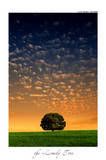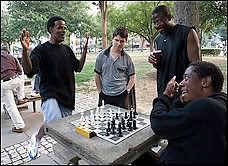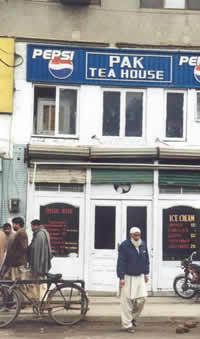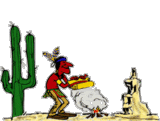The Historial Spear - A Poessay
It is believed stomach is the mother of all inventions. Sex is placed metaphorically below the stomach on this list. More on it another time, perhaps. We, the Macaulay ki Aulad are still somewhat prudish. And Victorian. Yes, a double whammy!
A survey of the greatest inventions of all times will include Grunt, Fire, Wheel, Papyrus, Guttenberg (Printing Press,) Internal Combustion Engine (cars and planes,) Electricity, Telephone, Condom Abuse, Transistor (Computer,) Outsourcing (call centres, baby-sitters) and Internet according to most lists.
Nowhere will you find Yawning, Scratching Head, or the predecessor and Mother of all Arms - Spears, Plows (Abu Tractor) and Treatises on the Fallen and Erratic Behaviour of the Apostrophe in Its.
But stomach aside, we believe Boredom and Necessity are the mother of all inventions. Why would anyone rub two stones together? So chefs and cooked meals appeared. But we are getting ahead of ourselves.
When stomach's fires is stoked, cerebral growling is lessened.
Fire - borne off boredom or observation came around the same time as man copied chimpanzees and tied a sharp edged stone to one end of a twig with dried roots. This was the Darwinian explanation. Reverse the order if you are of Biblical persuasion. We accommodate.
We were speaking of wooden Spears. (Britney has just been released. But we are not writing about thatSpear.) That would be the Paleolithic Age. Metal Spears came a little later in the Bronze Age.
Familiarity with apples gave way to boredom and inventiveness. Soon the Hunter-Gatherer era arrived. The hunters procured food. Children of course were a delightful (in)consequence of copulation and were looked after by the gatherers. You can say the hunters had it made, almost, even in those times. (Hon, I respect your space.)
And with fire came the gourmet barbecue.
The prickly spears spawned a paleolithic arms race that has continued unabated to the present Remote Age. Remote - distant, aloof, uninvolved and (wireless) unconnected - Age.
Cynics and critics use word barbs for mental discomfiture and rout. A quill is a small spear.
The military-industrial-complex uses advanced penetrating weapons to rain terror on mostly uninvolved civilians in their pursuit of democracy (read captured markets.)
Same sharp penetrative object. And objective - to kill and maim.





















